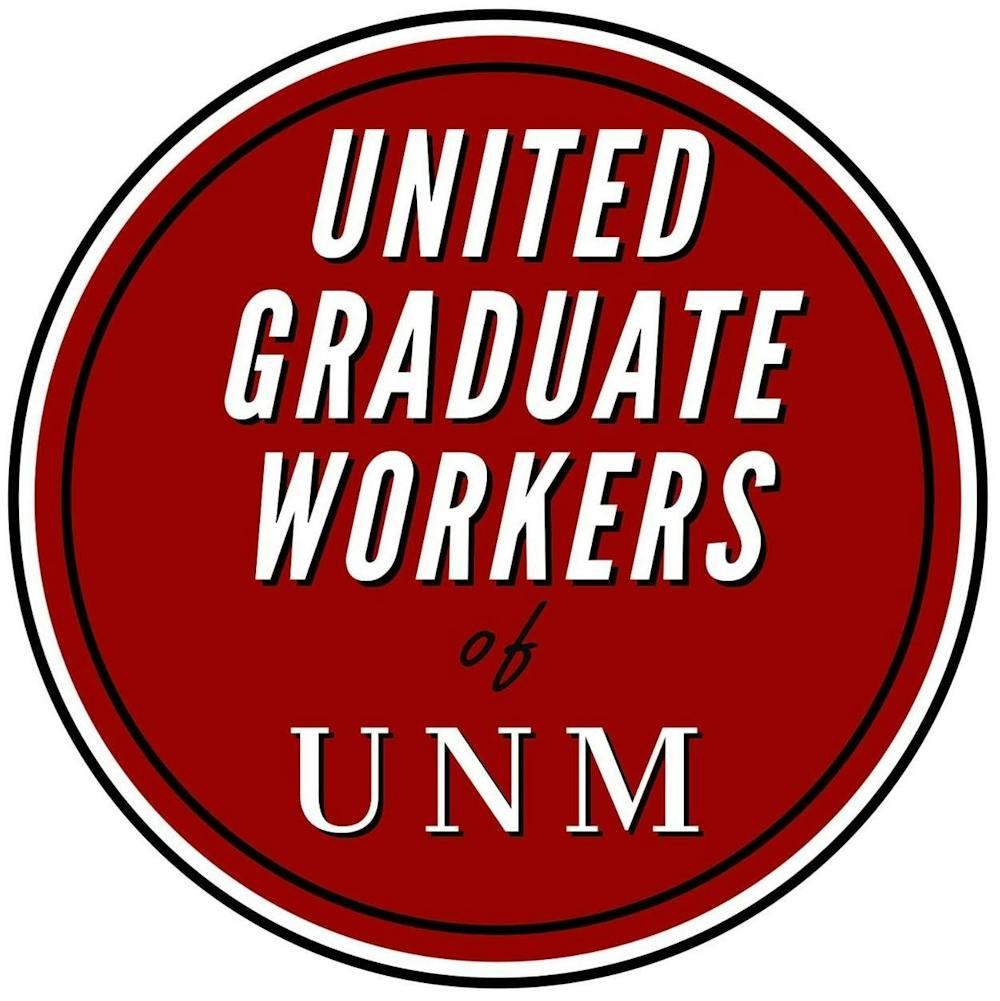On Dec. 9, graduate student employees at the University of New Mexico officially filed for union recognition with the state Public Employees Labor Relations Board (PELRB).
The grad student employees submitted signed cards from a supermajority (60%) of all UNM fall 2020 graduate student workers, and on Dec. 11 the executive director of the PELRB issued a letter finding the petition was “facially valid” and was “supported by a sufficient showing of interest.”
In response, UNM filed a petition blocking the unionization request on two grounds: 1) that teaching, research and other graduate “assistants” are not actually employees and 2) if they are in fact employees, then their individual job descriptions are so vastly different that they cannot function as one bargaining unit.
UNM argued that because graduate students receive semester-long contracts and are not guaranteed those contracts from semester to semester, they do not fit the definition of a “regular” employee “whose employment is for an indefinite period of time.”
UNM cited a rule — proposed during the Trump administration — that would strip graduate student employees’ rights at private institutions and advised the PELRB to address the matter similarly across the state’s public universities.
The proposed rule states that the National Labor Relations Act (NLRA) was intended to govern “economic relationships, not those that are primarily educational in nature,” UNM’s petition said.
According to the union organizing committee, graduate student employees work at all hours of the day and night teaching classes, preparing lectures, grading papers and performing research. Much of this work is done without direct supervision and often replaces the roles of other employees on campus (for example, teaching an undergraduate course that would otherwise be taught by a unionized faculty member).
Cinnamon Blair, UNM’s chief marketing and communications officer, said although the University values graduate students that serve as teachers, researchers and collaborators, “the primary purpose of (their) payment is to provide financial support to allow them to continue their studies.”
Blair went on to add that graduate student employees’ “primary role is as a student, and we do not believe that the remuneration they receive moves them into the status of ‘regular employee’ as defined in the laws of the state of New Mexico.”
UNM also included a secondary argument in its petition: In the event that the PELRB does recognize that graduate student employees are actually employees and not simply furthering their educations, bargaining units are expected to be based on “occupational groups or clear and identifiable communities of interest” and graduate student employees have “disparate duties, responsibilities, functions, lengths and terms of employment, productivity expectations, funding sources and levels of compensation.”
Union organizers suggested that the University’s anti-employee, anti-union stance is not in line with the values of the state’s current elected leadership.
“It is incredibly disappointing to see our employer cite a proposed rule from the anti-worker Trump labor board to rationalize denying us our right to form a union,” Samantha Cooney, a graduate assistant and political science PhD candidate, said. “The right to organize and bargain collectively is a human right and a core tenet of academic freedom. We hope the UNM administration will drop this obstruction and focus on the real issue of improving the working conditions of its employees.”
Get content from The Daily Lobo delivered to your inbox
Alana Block, a member of the graduate student employee organizing committee, teaching assistant and American studies PhD candidate, stated that better health coverage — including dental and vision for graduate students — a raise for their minimum monthly stipends, better coverage for spouses and children, and security and protections for international and undocumented students are among the improvements the group plans to negotiate for if they are granted the right to unionize.
At other public universities, recognized graduate student employees have been able to organize and unions have achieved livable wages and proper treatment and benefits.
At the University of Iowa, for example, “there is a long history of union efforts, and we see that it has positively impacted grad students to have higher stipends; they can pay their rent, they can buy food, they don’t have to worry about what they're going to do from semester to semester,” Block said.
The graduate worker union at the University of Iowa, UE Local 896-COGS, increased minimum salaries by 48% since 1996-97, when their campaign officially became a local union and established its first contract, according to the union's website.
The effects of being officially recognized as a union are expected to also impact future graduate students attending UNM.
“I've personally seen comments from people who have said ‘I didn’t want to join grad school because of the toxic environment that I’ve heard of, and now seeing a union at UNM makes me want to join,’” Cooney said. “Seeing comments like that reassures me that what we’re doing is for the University's benefit as a whole and not just for us grad workers.”
Block said that organizing online wasn’t easy, but people kept showing up to meetings because the cause was that important to them.
“We love our research and our students,” Block said. “However, graduate workers are not preparing lectures, teaching undergraduate course grading papers and assisting with research at all hours of the day and night simply for fun or our own educational enrichment. To say so is ludicrous and downright dismissive of all the hard work we do.”
Lissa Knudsen, a PhD candidate and the former UNM Graduate and Professional Student Association president and the news editor at the Daily Lobo, contributed to this article. She can be contacted at news@dailylobo.com or on Twitter at @lissaknudsen
Ana Straight is a freelance reporter at the Daily Lobo. She can be contacted at news@dailylobo.com or on Twitter @StraightAna






